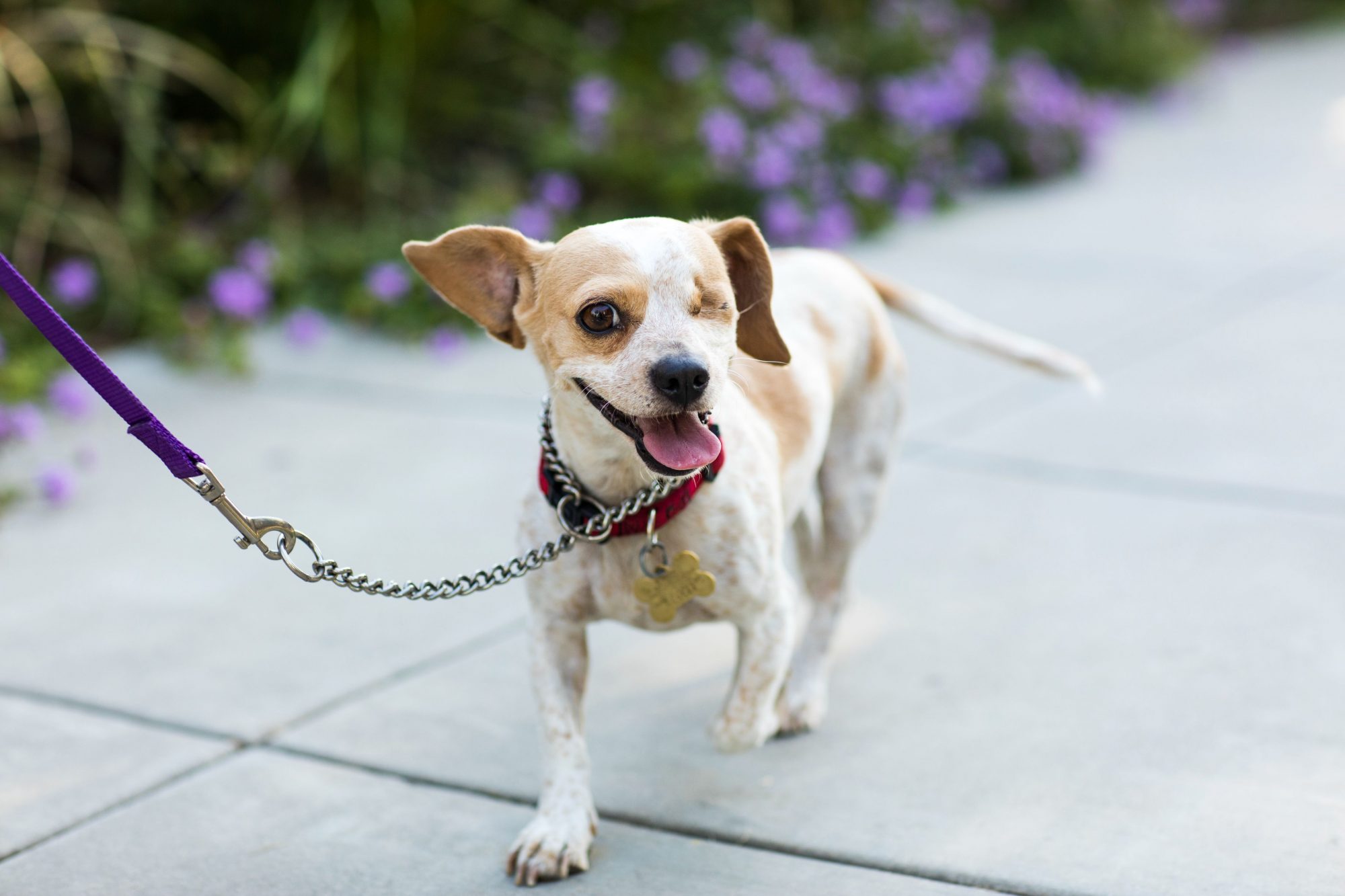How to Care for a Differently-Abled Pet

Our companion animals are living longer than ever before. This is obviously great news, but their longevity also increases the chances of chronic conditions, such as cognitive impairment, blindness, or deafness. In addition, many pets are either born with physical abnormalities that impact mobility, or are recovering from an illness or injury that resulted in a surgical amputation. Whatever the case may be, differently-abled pets are deserving of our love and protection. With certain considerations of their abilities, they can live long, healthy lives.
The More You Know
A pet owner that lovingly cares for a differently-abled pet is no stranger to challenges. It’s imperative to stay as calm and neutral as possible during stressful moments (if there are any), as your pet will pick up on even the slightest hint of anxiety or worry.
The more you know about your pet’s abilities, the better. Armed with knowledge, you can anticipate their needs and keep them safely within the guardrails. Depending on what you and your differently-abled pet are facing, with a little effort, you can both enjoy a happy and convenient lifestyle.
We are always here to answer questions, or address concerns about your pet’s environment and lifestyle. Please don’t hesitate to reach out to us.
Setting the Scene
Your pet’s home needs to be free of hazards. Blind pets depend on memory mapping to safely navigate around the house. They may hurt themselves if furniture or household items end up in their previously clear pathways. Stairways, open doors, and windows present very serious risks to a visually-impaired animal.
Deaf pets can learn sign language to follow directions or steer clear from danger, but it does take time, consistency, and patience.
Three-legged pets or those with degenerative conditions that impair mobility can continue to lead easy-going lives. It’s necessary to make certain changes at home, like ramps, elevated feeding stations, and helpful gear (like wheelchairs or harnesses), to promote their safety and comfort. Pets that need help going to the bathroom and cleaning themselves up require a bit more time and effort.
Your Differently-Abled Pet
One of the best things you can do for a differently-abled pet is to deliver the same routine every single day. They depend on certain things happening at specific times, and by keeping up their schedule of meals, bathroom breaks, exercise times, and bed times, you provide an extra layer of relief.
Staying In Front
Differently-abled pets may need pain medication or other prescriptions that support their condition. It is crucial to stay in front of any associated problems, and always have a full backup prescription, just in case. If you observe negative effects on your pet’s personality or mood, including lethargy, depression and inappetance, they may benefit from a veterinary examination.
Keeping Them Happy
Even a differently-abled pet that has trouble walking can still enjoy getting outside. There are many great trailers or strollers made just for pets. All pets benefit from daily exercise. Depending on your pet’s abilities, you can try to create enriching opportunities that enhance their well-being.
All the Love
If you ever have questions about the needs of your differently abled pet, please call us at (651) 388-1103. We are always here for you at The Bluffs Pet Clinic.

